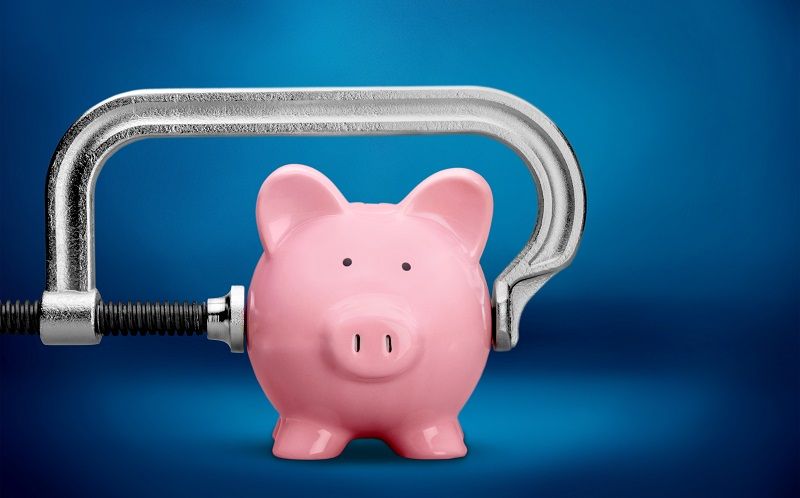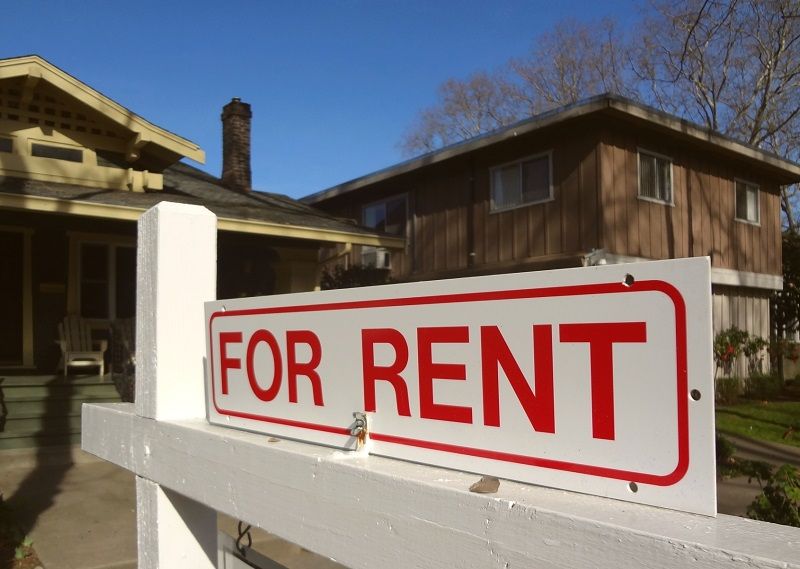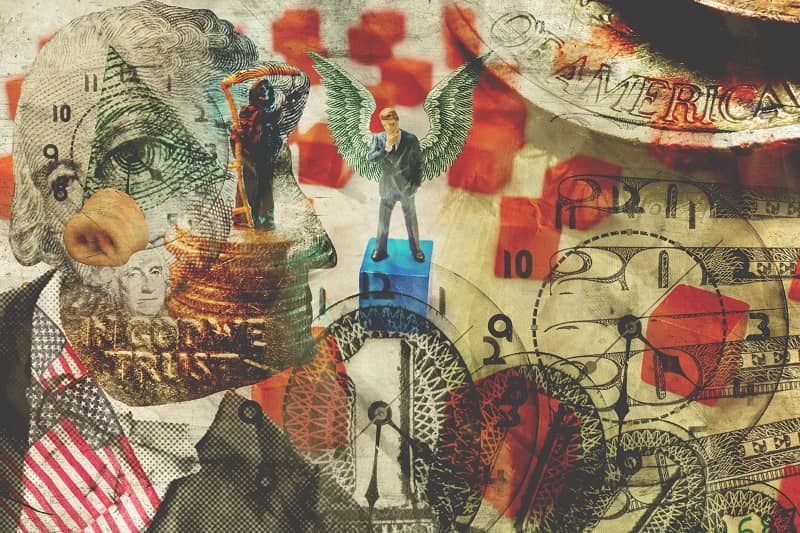

Unemployment Accounts: A Saving Opportunity
by Christina Martin
After multiple extensions by Congress, many unemployed workers now can receive unemployment benefits for nearly two years. These extensions may bring some individuals a sigh of relief, but they are a cause for concern for the larger economy. A recent JPMorgan Chase study claims that unemployment insurance extensions actually have raised unemployment by 1.5 percentage points. Dr. Robert Barro, a Harvard professor, recently claimed that the extensions have raised unemployment as much as 2.7 percentage points.
Is there a better way to go? An economic study recently published by Cascade Policy Institute suggests that nearly all Oregonians would benefit if policymakers and legislators harnessed basic knowledge from the insurance industry and applied it to our unemployment insurance system.
First, we might consider changing the name, since unemployment insurance is not really insurance. Real insurance creates a contract between the insured and the insurer, giving those who pay premiums a contractual right to a maximum payout under certain circumstances. Unemployment insurance does not. As a government program, the circumstances under which an individual can make a claim, and the size of payouts, can and do change with the political winds.
For many years those political winds were somewhat steady, even during deep recessions. The current recession, however, has inspired Congress to extend benefits much further, making workers in many states eligible for up to 99 weeks, twice as long as ever before.
Even if it were insurance, the “moral hazard” problem that accompanies unemployment insurance is so great that no insurance company would design a program on this model. “Moral hazard” describes what happens when individuals take bigger risks than they would without insurance. The degree of moral hazard will vary depending on the type of risk. For example, most people are careful to avoid injuries, regardless of whether or not they have health insurance. However, some may be willing to take greater risks because they know they are protected by insurance.
Likewise, unemployment insurance has been proven to change people’s behavior. On average, unemployed workers who receive benefits take more than twice as long to find work than those who are not covered; and larger benefits lead to longer terms of unemployment.
Unemployment insurance, like any other tax or wage cut, also can damage worker productivity. Though paid directly by the employer, unemployment insurance ultimately comes out of most workers’ paychecks, according to economists. And as your basic labor economics textbook will explain, lower pay can increase duty shirking for some workers, while higher pay promotes harder work.
Employers also change their behavior when their employees are covered by unemployment insurance. Although state tax codes adjust a firm’s payroll tax according to how many of its workers file claims for benefits, the rates are imperfect and have been shown to enable companies in some industries to lay off workers systematically. These companies use unemployment insurance as a wage subsidy, which ultimately allows them either to pay their workers less or to engage in cyclical labor practices (hiring and firing seasonally). Studies’ results have varied, but economists’ overwhelming conclusion is that unemployment insurance increases layoffs.
Of course, the current recession is deeper than most; and times have changed since many of these studies were conducted, causing some to doubt their relevance. However, the underlying truth has not changed: Individuals are significantly driven by incentives. This basic truth, and supporting economic literature, helped inspire Chile to adopt a system of unemployment accounts, which better imitate private insurance, minimizing moral hazard problems through better incentives.
Private insurance helps guard against moral hazard by requiring large deductibles or copayments. Likewise, Chile’s program requires unemployed workers to draw from their own regulated savings accounts (unemployment accounts), which workers and their employers fund while employed. These unemployment accounts are paired with a government fund, similar to our unemployment insurance program, to provide a safety net for workers with too little in their unemployment accounts.
Workers with a sufficient balance can draw limited sums from their personal accounts regardless of why they are unemployed. However, they can only draw from the government fund if they were laid off. They can use the entire balance of their account, as they wish, once they retire.
In a recent research report conducted for Cascade Policy Institute, economists Stéphane Pallage and Christian Zimmermann conclude that at least 97% of Oregonians would benefit from following Chile’s lead and adopting unemployment accounts.
Oregon’s adoption of unemployment accounts would not stop Congress from spending billions to support the unemployed. However, it would improve some of the nasty side effects of our current unemployment insurance system while providing a better safety net and opportunities to save for retirement.
Christina Martin is a policy analyst for the School Choice Project at Cascade Policy Institute, Oregon’s free market public policy research organization.











